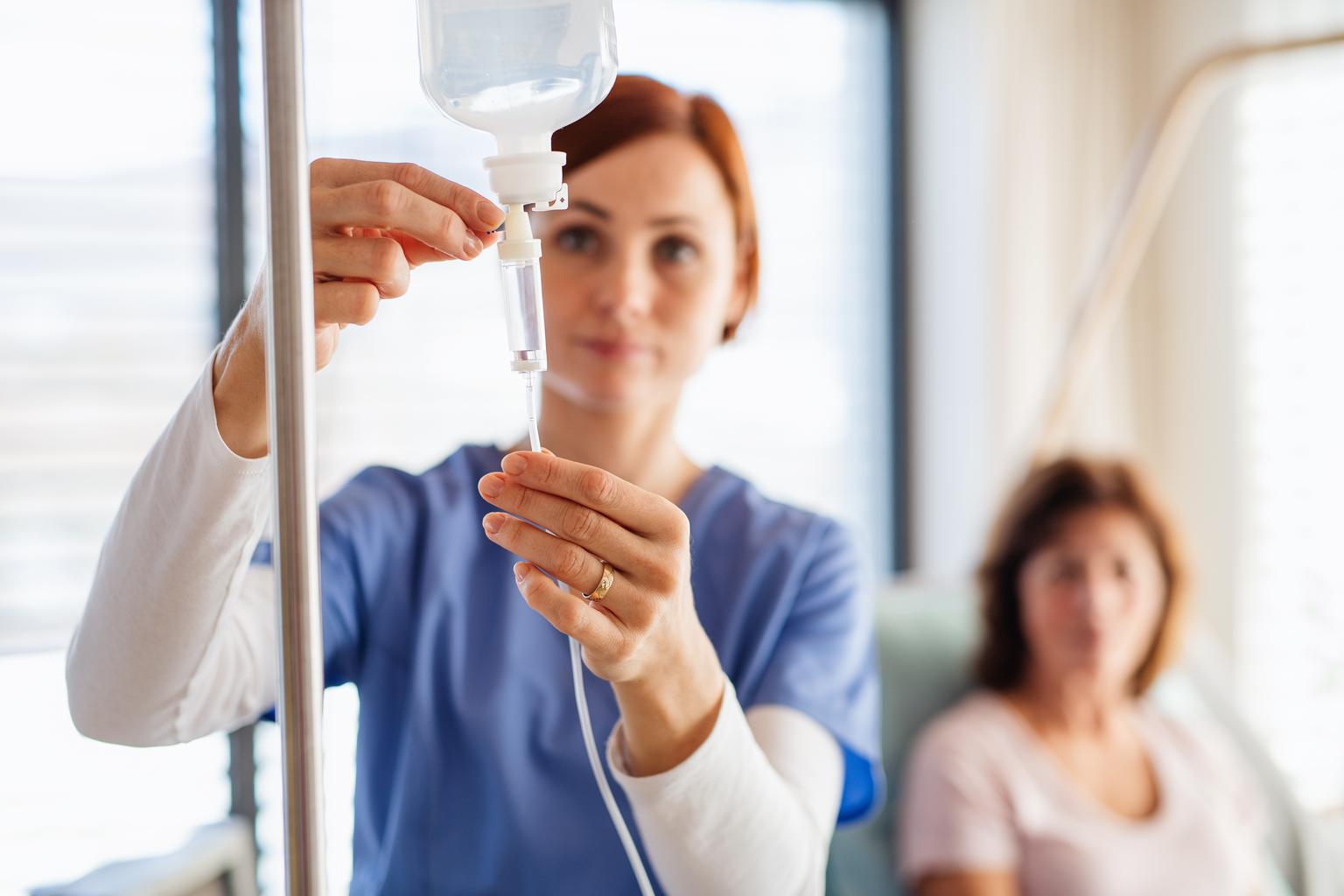Caring for Covid-19 patients has a profound impact on the well-being and health of all healthcare workers, especially nurses who are most often at the forefront of bedside care. But few studies have been conducted to better understand how various interventions could help to manage physical and psychological problems affecting the workforce.
Sleep quality directly impacts nurses’ mental health and is therefore indirectly linked to the quality of patient care provided. A nurse’s mental and physical health are both tied to sleep quality, and sleep disorders can substantially reduce quality of life and job efficiency. Even before Covid-19, nurses were at greater risk of developing sleep disorders due to job stress and nontraditional working hours.
Mindfulness-based stress reduction (MBSR) techniques have been shown to help improve mental health. The MBSR program was initially introduced as a series of eight-week mindfulness and yoga practices to reduce stress. Researchers used this program in a recent clinical trial study to try to improve the sleep quality of nurses working in Covid-19 intensive care units during the spring of 2020.
Mindfulness and the MBSR program
According to the study, mindfulness refers to the moment-by-moment awareness of bodily sensations, thoughts, and emotions. It is a nonjudgmental and accepting awareness of experiences that are in an individual’s attention at a specific point in time.
The MBSR program uses meditation, the exploration of the senses and mental and physical experiences, and yoga to help improve understanding and awareness of automatic and involuntary thoughts, feelings, and emotions. Participants of the MBSR program must do the exercises at least one hour each day, six days a week. They must also keep a notebook to record their experiences and any relevant data.
Using the MBSR program to improve sleep quality
Over a period of approximately one month, 44 nurses from two Covid-19 care units participated in research aimed to measure the effectiveness of MBSR on sleep quality. Nurses were split into an intervention group and a control group by drawing numbers.
After completing a series of questionnaires, intervention participants were exposed to training media prepared by the researchers which included:
- Audio files of meditations
- Reading files about the nature of mindfulness and its benefits
- Several audio and video files containing speeches delivered by professionals related to mind exercises
- Video files of yoga exercises
These resources were provided via WhatsApp to avoid potential Covid-19 exposure among participants and to avoid interference with work schedules. At the end of the study period, all participating nurses again completed questionnaires related to the MBSR program itself and their sleep quality.
Study shows mixed results
Ultimately, the study results showed that total sleep quality among intervention group participants did not change, but it did increase significantly in the control group of nurses. Habitual sleep efficiency and subjective sleep quality also increased significantly among control group participants. However, the intervention group did show improvements in subjective sleep quality, sleep latency, and daytime drowsiness.
The results highlight a need for interventions to improve sleep quality among nurses working in Covid-19 units. Since subjective sleep quality increased among the control group nurses, the researchers propose that the escalation of the Covid-19 crisis, and the work pressure and stress it causes, has probably caused an increase in the nurses’ subjective sleep quality.
The study suggests that nurse managers should use psychological methods, such as the MBSR program, to help promote the mental health of nurses working in high-stress environments like Covid-19 units. Doing so may help more nurses cope with health problems and job and daily stressors as they experience them.
Learn how you can support your nursing staff in improving clinical decision making and competency development with Lippincott Solutions.





